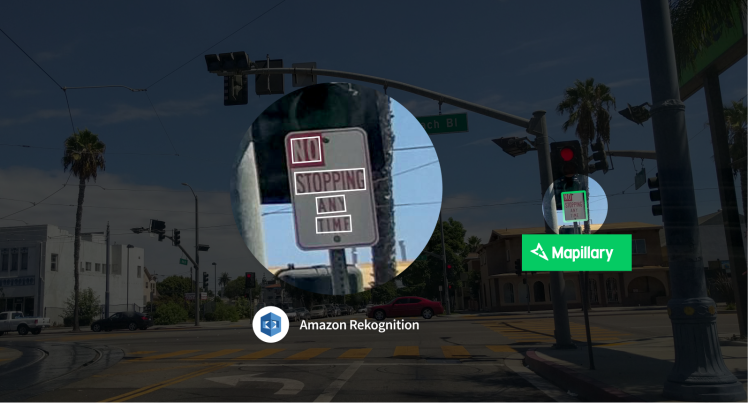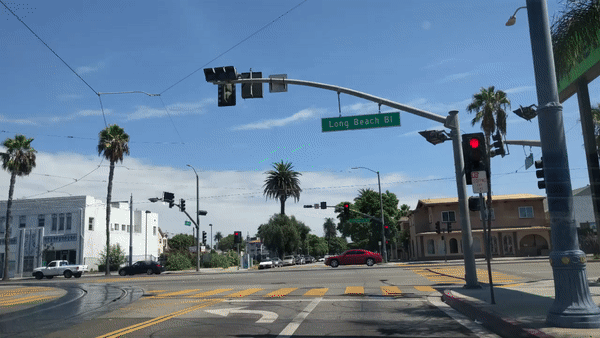Watch all the Transform 2020 sessions on-demand here.
Many large U.S. cities seem to have adopted the motto: “Man, parking here sucks.” But a Swedish startup believes it can apply a little technology to solve a problem that is costing billions of dollars each year.
Today, Mapillary, based in Malmo, Sweden, announced it will collaborate with Amazon Rekognition, a visual data analysis platform, to create a system that makes it easier to find parking in congested areas.
Mapillary is developing a street level-imagery platform that uses computer vision technology to enhance digital maps. The company will now use Rekognition’s text-in-image feature to scan parking sign data on a large scale.
“City authorities are struggling to keep track of their parking signs and data,” said Mapillary CEO and cofounder Jan Erik Solem, in a statement. “For cities to manually track this themselves would cost millions of taxpayers’ dollars, not to mention the enormous time investment. The collaboration between Mapillary and Amazon Rekognition means that several cities in the U.S. are now in a position to get complete updates on their parking signs through an automated and computer vision-driven process, saving both time and money.”
June 5th: The AI Audit in NYC
Join us next week in NYC to engage with top executive leaders, delving into strategies for auditing AI models to ensure fairness, optimal performance, and ethical compliance across diverse organizations. Secure your attendance for this exclusive invite-only event.
Mapillary says it currently has 350 million images on its platform. These images are collected via contributions from various people and organizations. While Mapillary can detect whether an image is a parking sign, it can’t actually read the text. Amazon’s Text-in-Image Rekognition will make that possible.
Mapillary says tests of the system using 40,000 parking signs resulted in the text being read correctly 95 percent of the time. The company first uses its own technology to identify parking signs in its system, and then it runs Rekognition to decode them.
Mapillary cited a 2017 study that found the growing parking crunch costs U.S. residents $73 billion each year, including lost time and parking tickets. As frustration grows, cities are often spending big money to overbuild parking structures rather than finding better ways to use existing parking spaces. With improved tracking of existing parking, Mapillary hopes to save cities and consumers precious time and money.




